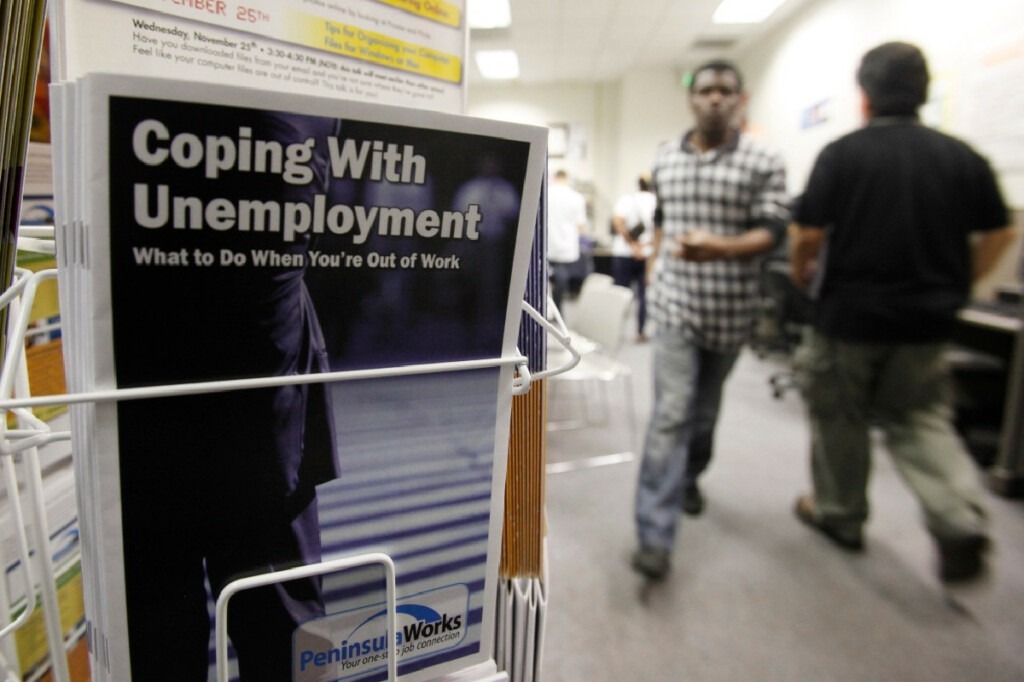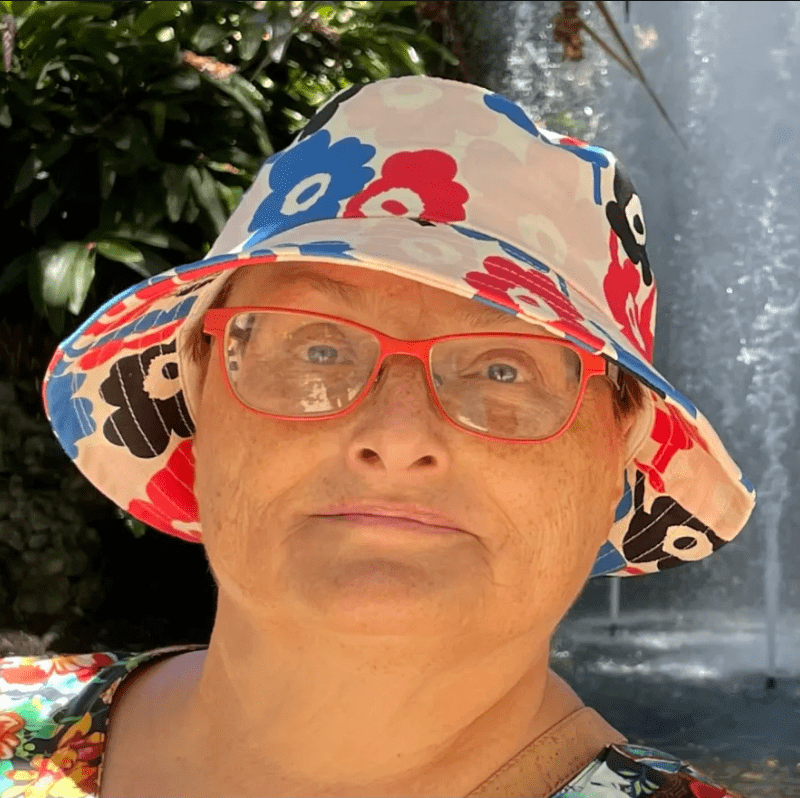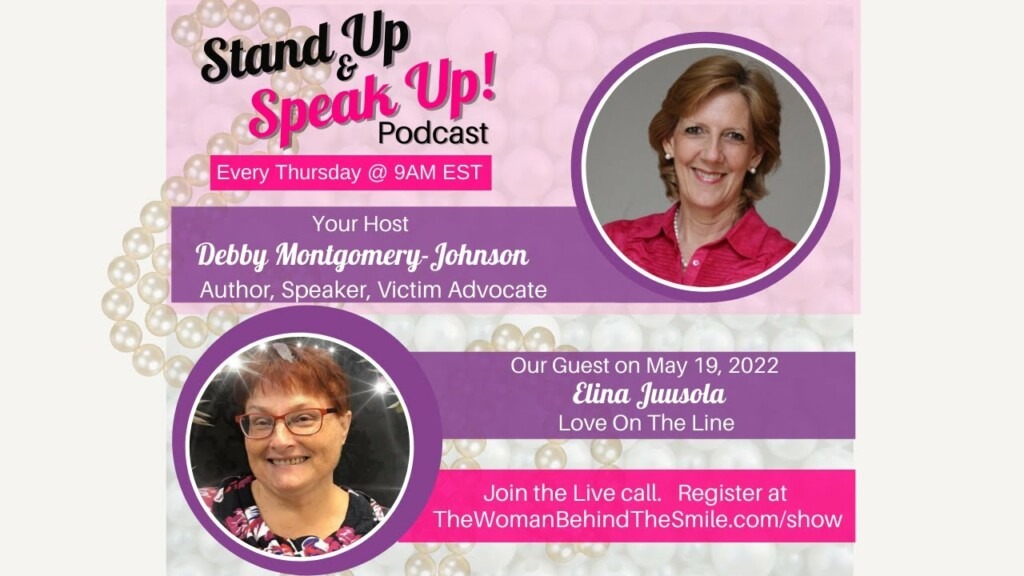The Elina Juusola Story
By Jessica Morney & Elina Juusola – translated from Finnish
Elina was the victim of love deception: “His cracked, raspy voice went directly into my nervous system”
Love scams are becoming more and more common. Last year, Finns lost EUR 9 million in connection with love scams. The author and historian of ideas Elina Juusola has written about her own experiences of being deceived by a charming “military” on a mission abroad.
Lots Of Love Over The Net
“Elina, I love you for bringing out my best sides”. “My dear, I miss you”.
When Elina Juusola lived in Australia, she came into contact with a man who claimed to be a British-Australian military officer through online dating. He claimed to be called Stephen and knew exactly how to put the words to charm Elina.
“When we spoke via Skype, his slightly cracked, raspy voice went straight into my nervous system,” says Elina. The conversations eased the depression that I suffered from after my mother died. Even the physical pains associated with my fibromyalgia felt better.
When Elina told “Stephen” how his voice and conversation affected her, he started calling even more often.
A Typical Victim Of Love Scams
“Stephen’s” loving conversations and messages were just what Elina needed in the difficult life situation she found herself in. She had gotten into online dating to have something fun in life. “Stephen” exceeded all expectations.
– “Stephen” was very nice, seemed well educated and could talk about anything, he even understood my Finnish sense of humour.
Later, Elina Juusola realized that a whole team had worked to bring her down. She had heard murmurs and laughter in the background as she talked to him over Skype. He always called with the camera off.
When The Dopamine Kicks In, It’S Time To Ask For Money
“Stephen” claimed to be on assignment in Afghanistan. After just a few weeks, he had stimulated Elina’s dopamine production so much that he – and his team – were able to move on to the next stage of their “relationship”.
“Stephen” sent a distress cry to Elina. He was in real trouble. He claimed that his belongings were stuck in customs in Dubai and now Elina’s money was needed to solve the problem.
I can’t wait for you to come through the door. We’re going to have so much fun and experience so much love.
He wrote: “I will do everything I can to finally solve this problem so that we can finally be together. I love you so much and miss you so much.”
A Couple Of Minutes Of Searching Revealed The Scammer
Elina Juusola sent 2000 dollars, about 2000 euros, to “Stephen”. As soon as she clicked away the amount, she realized that she had been cheated.
Elina asked her son to check out “Stephen”. It didn’t take many minutes for the son to find a wealth of negative information about “Stephens” scams online.
But the son told her, “Mom, you don’t have to click on the links I sent. It is enough to remember how “Stephen” charmed you. That he made you feel good”
Continued Chatting To Gather Evidence
Elina Juusola chose to continue chatting with “Stephen” after she discovered the fraud. She wanted to gather evidence and wrote encouragingly to him, as he continued to tell about his problems with customs in Dubai:
“You are a good leader Stephen. I know you will find a solution. You just have to, for our sake.”
“I can’t wait for you to come through the door. We’re going to have so much fun and experience so much love.”
Finns Are Cheated Out Of Millions Every Year
Matilda Hassel is a financial advisor at the Martha Association. She is sometimes contacted by concerned relatives. She says love scams increased during the coronavirus pandemic.
“In 2022, love fraudsters managed to swindle approximately EUR 9 million from Finnish victims.
Both Matilda Hassel and Elina Juusola point out that there is a lot of shame associated with love fraud. For those who fall victim to fraud, it can take years to recover, both financially and emotionally.
Elina Juusola never got her money back. But as part of processing the experience of the love deception, she, who is a historian of ideas by profession, chose to start researching the subject.
In 2018, her book Sydän saaliina – Romanssihuijarit verkossa was published. It has also been translated into English.
Elina Juusola’s Books
SCARS Resources:
- For New Victims of Relationship Scams newvictim.AgainstScams.org
- Subscribe to SCARS Newsletter newsletter.againstscams.org
- Sign up for SCARS professional support & recovery groups, visit support.AgainstScams.org
- Find competent trauma counselors or therapists, visit counseling.AgainstScams.org
- Become a SCARS Member and get free counseling benefits, visit membership.AgainstScams.org
- Report each and every crime, learn how to at reporting.AgainstScams.org
- Learn more about Scams & Scammers at RomanceScamsNOW.com and ScamsNOW.com
- Global Cyber Alliance ACT Cybersecurity Tool Website: Actionable Cybersecurity Tools (ACT) (globalcyberalliance.org)
- Self-Help Books for Scam Victims are at shop.AgainstScams.org
- Donate to SCARS and help us help others at donate.AgainstScams.org
- Worldwide Crisis Hotlines: International Suicide Hotlines – OpenCounseling : OpenCounseling
- Campaign To End Scam Victim Blaming – 2024 (scamsnow.com)
More:
- Original source article in Finnish: Elina blev utsatt för kärleksbedrägeri: ”Hans spruckna, raspiga röst gick direkt in i mitt nervsystem” – Samhälle – svenska.yle.fi
- What Really Are Vulnerabilities That Lead To Scams? (scamsnow.com)
- Psychology of Scams – Article Catalog (romancescamsnow.com)
- Loren Esse of Des Moines – Police Arrest A Money Mule (scamsnow.com)
- 96 Year Old Romance Scam Victim (scamsnow.com)
More ScamsNOW.com Articles
-/ 30 /-
What do you think about this?
Please share your thoughts in a comment above!
SCARS LINKS: AgainstScams.org RomanceScamsNOW.com ContraEstafas.org ScammerPhotos.com Anyscam.com ScamsNOW.com
reporting.AgainstScams.org support.AgainstScams.org membership.AgainstScams.org donate.AgainstScams.org shop.AgainstScams.org
youtube.AgainstScams.org linkedin.AgainstScams.org facebook.AgainstScams.org
ARTICLE RATING
TABLE OF CONTENTS
- Elina was the victim of love deception: “His cracked, raspy voice went directly into my nervous system”
- Lots Of Love Over The Net
- A Typical Victim Of Love Scams
- When The Dopamine Kicks In, It’S Time To Ask For Money
- A Couple Of Minutes Of Searching Revealed The Scammer
- Continued Chatting To Gather Evidence
- Finns Are Cheated Out Of Millions Every Year
- Elina Juusola’s Books
- SCARS Resources:
- More:
CATEGORIES
U.S. & Canada Suicide Lifeline 988
![NavyLogo@4x-81[1] The Elina Juusola Story](https://scamsnow.com/wp-content/uploads/2025/04/NavyLogo@4x-811.png)
ARTICLE META
Important Information for New Scam Victims
- Please visit www.ScamVictimsSupport.org – a SCARS Website for New Scam Victims & Sextortion Victims.
- SCARS Institute now offers its free, safe, and private Scam Survivor’s Support Community at www.SCARScommunity.org – this is not on a social media platform, it is our own safe & secure platform created by the SCARS Institute especially for scam victims & survivors.
- SCARS Institute now offers a free recovery learning program at www.SCARSeducation.org.
- Please visit www.ScamPsychology.org – to more fully understand the psychological concepts involved in scams and scam victim recovery.
If you are looking for local trauma counselors, please visit counseling.AgainstScams.org
If you need to speak with someone now, you can dial 988 or find phone numbers for crisis hotlines all around the world here: www.opencounseling.com/suicide-hotlines
Statement About Victim Blaming
Some of our articles discuss various aspects of victims. This is both about better understanding victims (the science of victimology) and their behaviors and psychology. This helps us to educate victims/survivors about why these crimes happened and not to blame themselves, better develop recovery programs, and help victims avoid scams in the future. At times, this may sound like blaming the victim, but it does not blame scam victims; we are simply explaining the hows and whys of the experience victims have.
These articles, about the Psychology of Scams or Victim Psychology – meaning that all humans have psychological or cognitive characteristics in common that can either be exploited or work against us – help us all to understand the unique challenges victims face before, during, and after scams, fraud, or cybercrimes. These sometimes talk about some of the vulnerabilities the scammers exploit. Victims rarely have control of them or are even aware of them, until something like a scam happens, and then they can learn how their mind works and how to overcome these mechanisms.
Articles like these help victims and others understand these processes and how to help prevent them from being exploited again or to help them recover more easily by understanding their post-scam behaviors. Learn more about the Psychology of Scams at www.ScamPsychology.org
SCARS INSTITUTE RESOURCES:
If You Have Been Victimized By A Scam Or Cybercrime
♦ If you are a victim of scams, go to www.ScamVictimsSupport.org for real knowledge and help
♦ SCARS Institute now offers its free, safe, and private Scam Survivor’s Support Community at www.SCARScommunity.org – this is not on a social media platform, it is our own safe & secure platform created by the SCARS Institute especially for scam victims & survivors.
♦ Enroll in SCARS Scam Survivor’s School now at www.SCARSeducation.org
♦ To report criminals, visit https://reporting.AgainstScams.org – we will NEVER give your data to money recovery companies like some do!
♦ Follow us and find our podcasts, webinars, and helpful videos on YouTube: https://www.youtube.com/@RomancescamsNowcom
♦ Learn about the Psychology of Scams at www.ScamPsychology.org
♦ Dig deeper into the reality of scams, fraud, and cybercrime at www.ScamsNOW.com and www.RomanceScamsNOW.com
♦ Scam Survivor’s Stories: www.ScamSurvivorStories.org
♦ For Scam Victim Advocates visit www.ScamVictimsAdvocates.org
♦ See more scammer photos on www.ScammerPhotos.com
You can also find the SCARS Institute’s knowledge and information on Facebook, Instagram, X, LinkedIn, and TruthSocial
Psychology Disclaimer:
All articles about psychology and the human brain on this website are for information & education only
The information provided in this and other SCARS articles are intended for educational and self-help purposes only and should not be construed as a substitute for professional therapy or counseling.
Note about Mindfulness: Mindfulness practices have the potential to create psychological distress for some individuals. Please consult a mental health professional or experienced meditation instructor for guidance should you encounter difficulties.
While any self-help techniques outlined herein may be beneficial for scam victims seeking to recover from their experience and move towards recovery, it is important to consult with a qualified mental health professional before initiating any course of action. Each individual’s experience and needs are unique, and what works for one person may not be suitable for another.
Additionally, any approach may not be appropriate for individuals with certain pre-existing mental health conditions or trauma histories. It is advisable to seek guidance from a licensed therapist or counselor who can provide personalized support, guidance, and treatment tailored to your specific needs.
If you are experiencing significant distress or emotional difficulties related to a scam or other traumatic event, please consult your doctor or mental health provider for appropriate care and support.
Also read our SCARS Institute Statement about Professional Care for Scam Victims – click here
If you are in crisis, feeling desperate, or in despair, please call 988 or your local crisis hotline.
More ScamsNOW.com Articles
A Question of Trust
At the SCARS Institute, we invite you to do your own research on the topics we speak about and publish. Our team investigates the subject being discussed, especially when it comes to understanding the scam victims-survivors’ experience. You can do Google searches, but in many cases, you will have to wade through scientific papers and studies. However, remember that biases and perspectives matter and influence the outcome. Regardless, we encourage you to explore these topics as thoroughly as you can for your own awareness.




























![scars-institute[1] The Elina Juusola Story](https://scamsnow.com/wp-content/uploads/2025/04/scars-institute1.png)
![niprc1.png1_-150×1501-1[1] The Elina Juusola Story](https://scamsnow.com/wp-content/uploads/2025/04/niprc1.png1_-150x1501-11.webp)
